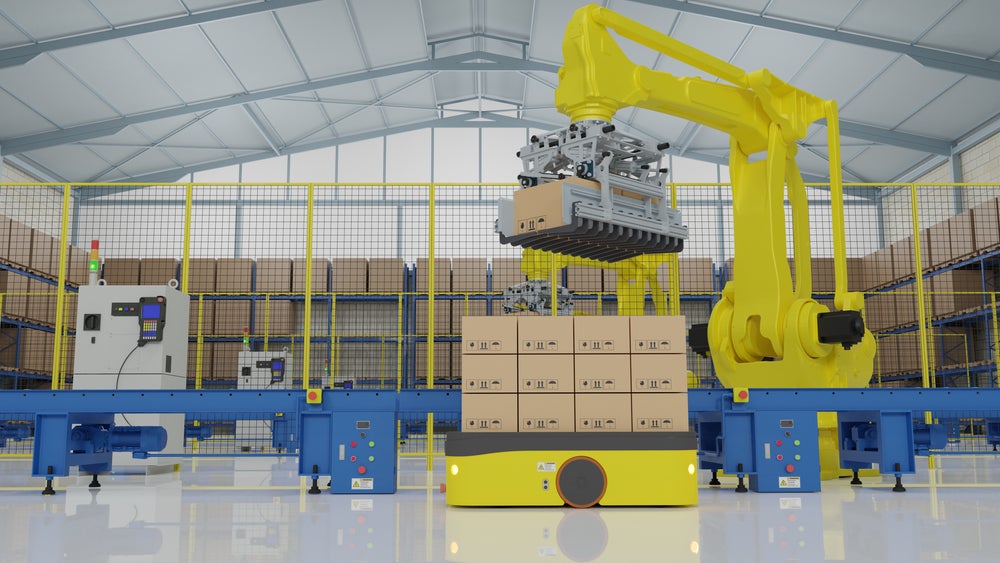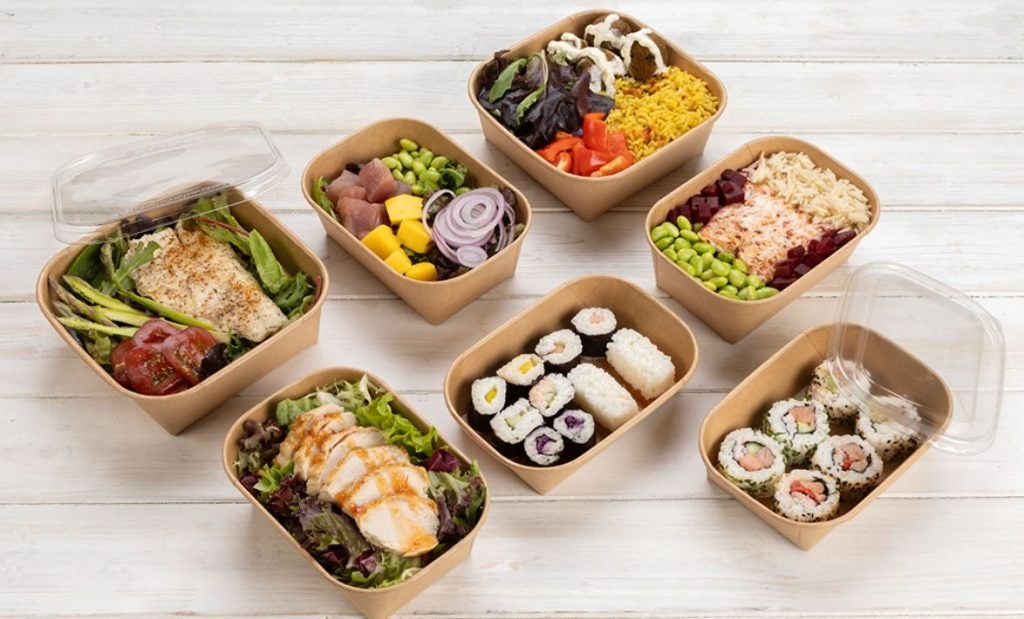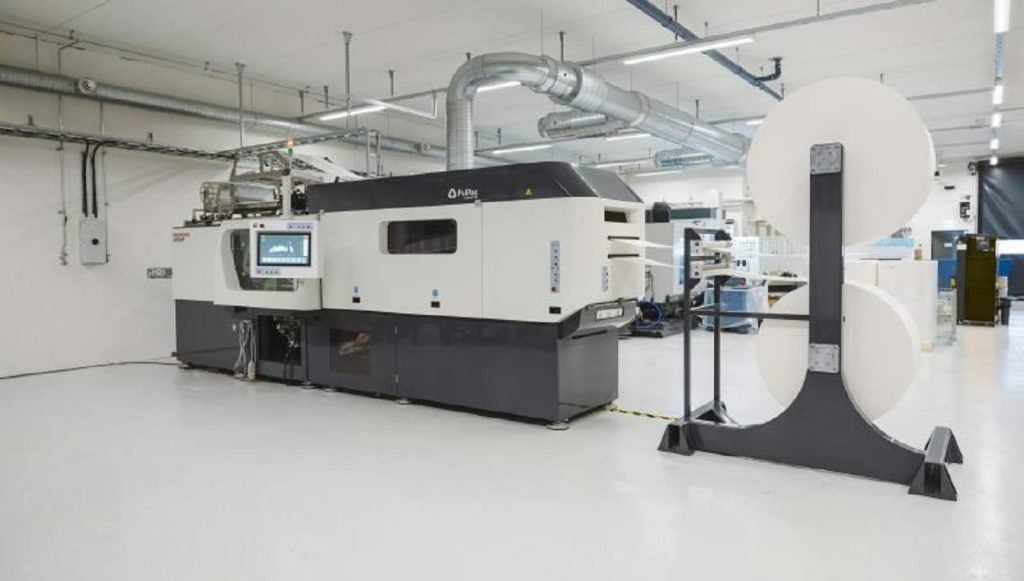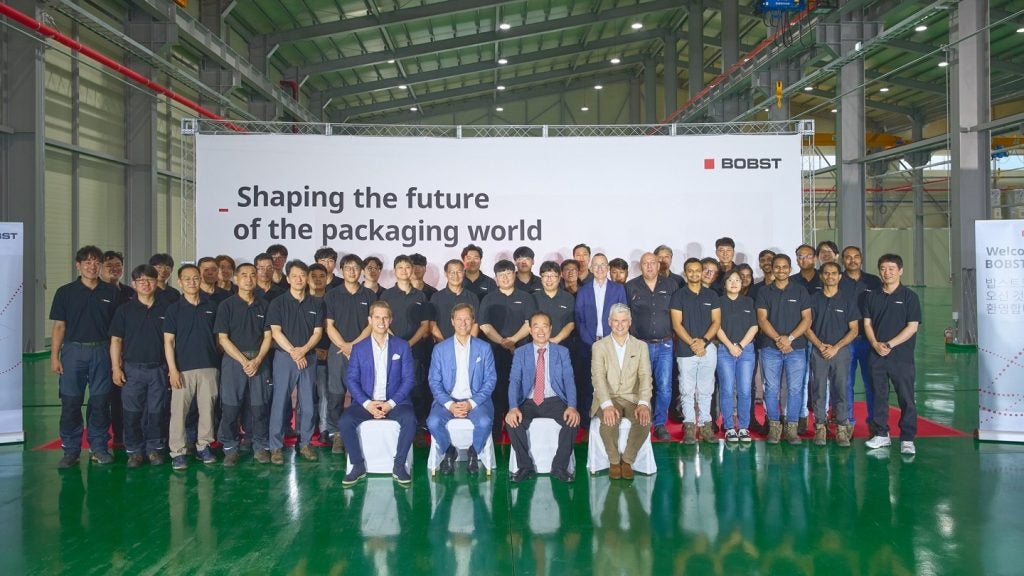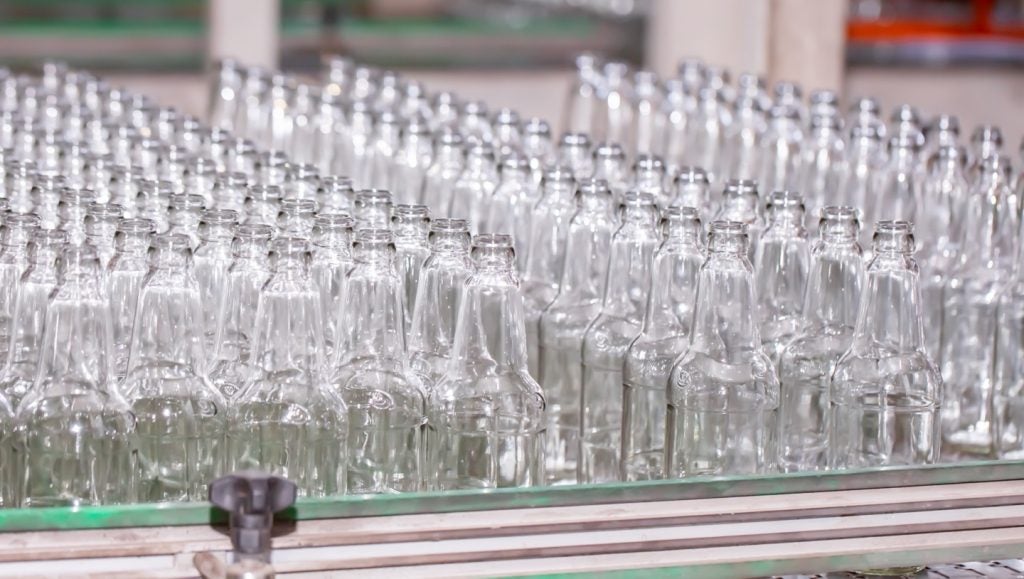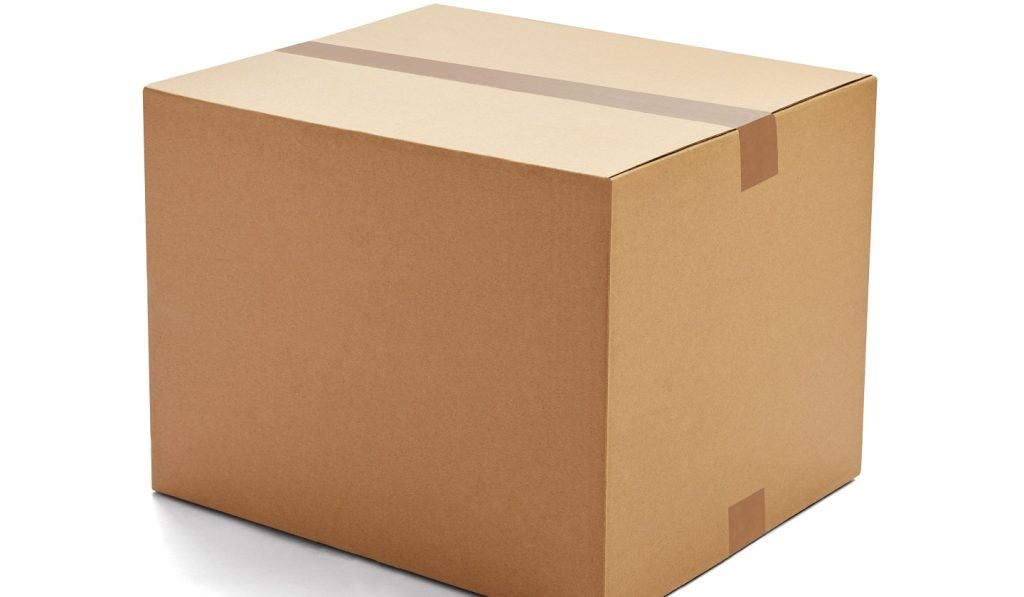The packaging industry is undergoing a remarkable transformation, driven by the integration of Artificial Intelligence (AI) and the Internet of Things (IoT).
These technologies are not only enhancing the efficiency of packaging machinery but also opening up new possibilities for innovation and sustainability.
As packaging professionals, understanding these advancements is crucial for staying competitive and meeting the ever-evolving demands of the market.
The role of AI in packaging machinery
Artificial Intelligence is revolutionising packaging machinery by enabling smarter, more efficient operations. AI algorithms can process vast amounts of data, allowing machines to learn from past performances and make real-time decisions.
This capability leads to optimised operations, reduced downtime, and improved product quality.
One of the most significant benefits of AI in packaging is predictive maintenance. Traditional maintenance schedules often lead to either premature servicing or unexpected breakdowns.
AI, however, analyses data from sensors embedded in machinery to predict when a component is likely to fail. This predictive capability not only reduces downtime but also extends the lifespan of machinery, resulting in significant cost savings.
AI also plays a crucial role in enhancing quality control. In the past, quality checks were often manual, time-consuming, and prone to human error.
Today, AI-powered vision systems can inspect products at high speeds with remarkable accuracy. These systems detect defects that might be missed by the human eye, ensuring that only products meeting the highest standards reach the market.
Furthermore, AI facilitates process optimisation by continuously analysing production data and suggesting adjustments to improve efficiency. This can include fine-tuning machine settings, adjusting production speeds, or altering packaging designs to reduce waste.
By leveraging AI, packaging professionals can achieve higher throughput while maintaining or even improving quality.
IoT: Connecting packaging machinery for greater efficiency
The Internet of Things (IoT) is another game-changer in the packaging industry. IoT connects packaging machinery to a network, allowing for real-time monitoring and data exchange.
This connectivity enables machines to communicate with each other and with central systems, creating a more coordinated and efficient production line.
One of the primary advantages of IoT in packaging is enhanced visibility. With IoT sensors embedded in machinery, packaging professionals can monitor equipment performance in real-time, from anywhere in the world.
This capability allows for quicker identification of issues and more informed decision-making. For instance, if a machine is operating below its optimal speed, IoT data can help pinpoint the problem, whether it's a mechanical issue or a need for recalibration.
IoT also supports better inventory management. By tracking the usage of materials in real-time, IoT-enabled systems can predict when supplies will run low and automatically reorder them.
This reduces the risk of production halts due to a lack of materials and minimises excess inventory, leading to more efficient use of resources.
Moreover, IoT can enhance safety on the packaging floor. Sensors can detect hazardous conditions, such as overheating or excessive vibration, and trigger automatic shutdowns to prevent accidents.
This proactive approach to safety not only protects workers but also preserves the integrity of the machinery.
The synergy of AI and IoT
While AI and IoT are powerful on their own, their true potential is realised when combined. Together, they create a synergistic effect that significantly enhances packaging machinery's capabilities.
One key area where this synergy shines is in data-driven decision-making. IoT collects vast amounts of data from connected devices, while AI processes and analyses this data to provide actionable insights.
For example, AI can use IoT data to predict demand patterns and adjust production schedules accordingly. This ensures that packaging lines operate at peak efficiency, reducing waste and meeting customer demands more effectively.
Another example is in predictive maintenance. While IoT sensors monitor machine health, AI analyses this data to predict when maintenance is needed.
This combination allows for just-in-time maintenance, avoiding unnecessary downtime and extending machinery life. The result is a more reliable and cost-effective operation.
Furthermore, the integration of AI and IoT can lead to more personalised packaging solutions. By analysing consumer behaviour and preferences, AI can suggest packaging designs that resonate with target audiences.
IoT, in turn, ensures that these designs are produced efficiently and consistently. This level of customisation not only enhances brand appeal but also meets the growing demand for personalised products.
Sustainability and future prospects
As the packaging industry faces increasing pressure to adopt sustainable practices, AI and IoT offer valuable tools for achieving these goals. By optimising processes and reducing waste, these technologies contribute to more sustainable packaging operations.
For instance, AI can help in designing packaging that uses fewer materials without compromising quality or functionality. IoT, on the other hand, can monitor energy consumption in real-time, allowing for adjustments that reduce the carbon footprint of packaging operations.
Looking to the future, the role of AI and IoT in packaging is expected to expand further. As technology continues to evolve, we can anticipate even more sophisticated machinery capable of self-learning, autonomous decision-making, and greater connectivity.
This evolution will not only improve efficiency but also lead to innovative packaging solutions that meet the needs of both consumers and the environment.
The takeaway
AI and IoT are transforming packaging machinery, making it smarter, more efficient, and more sustainable. For packaging professionals, embracing these technologies is essential for staying competitive in a rapidly changing market.
By understanding and leveraging the power of AI and IoT, companies can not only enhance their operations but also contribute to a more sustainable future.
The packaging industry is on the cusp of a new era, and those who adapt to these changes will be well-positioned to lead the way.


